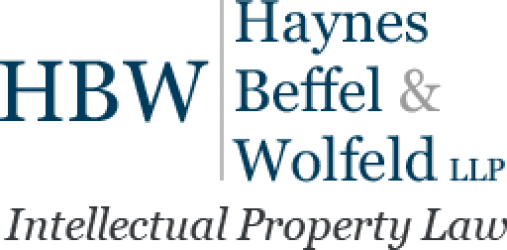ALERT: Korea Aligns Patent Laws with International Community, Effective March 1, 2017
Korea recently aligned its patent laws to be more in line with the international community. A variety of changes to the law in Korea are now in effect as of March 1, 2017, including:
- The period for filing a request for an examination is shortened to 3 years.
- Korean law has introduced the use of a patent cancellation proceeding.
- The law includes an introduction of an ex officio reexamination.
- It also includes revisions to the ex officio amendment.
- The law covers what constitutes the period of request for correction of claims and withdrawal of claims in a patent invalidation proceeding.
- The law also covers the submission of examination results from foreign countries.
We see the new Korean law as implementing changes that, in our opinion, will result in greater conformity of the Korean Patent Law with the patent laws of other countries in the international patent community. We also believe this change will result in additional focus on the integrity of patents being registered in Korea by providing increased ability to other parties to challenge potentially invalid patents under the new patent cancellation procedure. We think these changes will achieve the following desired goals:
- Shortening the time period to request examination will bring Korean practice into conformity with other countries’ practices.
- The provisions granting ex officio powers of reexamination are based on prior art grounds only, and will alleviate the problem of patents being granted when the examiner has uncovered new art after issuing a Notice of Allowancebut prior to payment of the issue fee by the applicant.
- The new procedure to challenge validity of a granted patent before the patent office is similar to the ex parte reexamination in the United States and, if used in place of court proceedings, presents an avenue for third parties to subject a granted patent to reexamination before the patent office.
- Finally, submission of examination results for a foreign filed counterpart application from which priority of the Korean application is derived provides to the examiner disclosure of any art and arguments made during prosecuting the counterpart application.
We are less confident about the new provision granting ex officio rights to examiners to correct a patent application. In the U.S., by contrast, the examiner can raise objections or rejections for lack of enablement or written description, but amendment of the application’s specification, drawings or claims requires concurrence by the applicant.
For more information on this topic, visit a recent posting entitled the “Revision of the Korean Patent Act & Trade Mark Act” at the International Federation of Intellectual Property Attorneys. Korea Aligns Patent Law with International Community, Effective March 1, 2017
